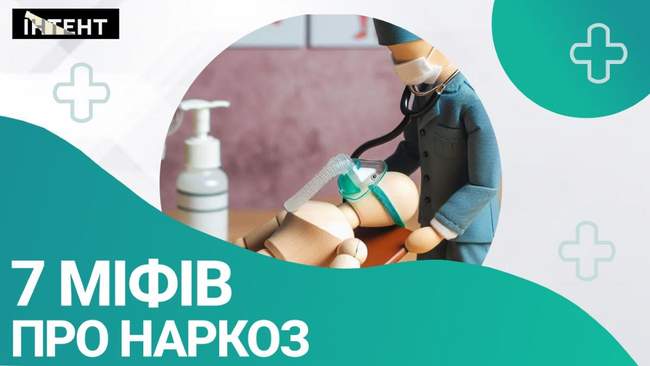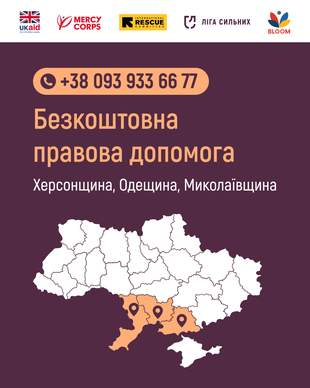Меню
Соціальні мережі
Розділи
Debunking 7 Myths About Anesthesia for Safer Surgery
This article also available in English143

Image generated by AI
Myths are very tenacious. When they relate to health, it is especially dangerous, because a person in the grip of someone's stories can harm themselves, fail to seek help in time, or fail to receive qualified medical care.
Intent continues its series of partner publications on health. Mykola Belyakov, an anesthesiologist at Odrex Medical House, refutes common myths about anesthesia.
Watch in video format
Myth 1. Anesthesia is life-threatening
During surgery, we monitor all vital functions. These include blood pressure, heart rate, and pulse oximetry, as well as several other indicators as prescribed by the severity of the operation. If any abnormal situation occurs during anesthesia, we use additional monitoring and prescribe medications to correct this situation.
Myth 2. Anesthesia is contraindicated for the elderly
If 20 years ago you could hear the phrase "the patient will not tolerate anesthesia," now we have extensive experience working with elderly patients and with various pathologies. So if you hear the phrase: "You can't have anesthesia," then seek a second opinion.
Myth 3. You can wake up during anesthesia
There is such a thing as the depth of sleep, which we measure in order to increase or decrease the dosage of drugs during anesthesia. Each operation and each surgical intervention has its own level of sedation, and we control it by monitoring pain and sleep. You can definitely not worry that you will wake up during anesthesia.
Myth 4. Anesthesia damages memory
During major interventions and prolonged anesthesia, elderly patients may experience cognitive impairment and impaired consciousness. But these phenomena are temporary. In young patients, everything goes more smoothly and they wake up well
Myth 5. Hallucinations appear after anesthesia
Hallucinations can occur after anesthesia, but this is a rare effect. It occurs after certain drugs or in patients with mental disorders. These conditions are temporary.
Myth 6. Local anesthesia is better than general anesthesia
In fact, anesthesia is selected individually, and different operations have their own approach. We usually use combined anesthesia: it is general and regional anesthesia to anesthetize skin incisions during abdominal or, for example, vascular interventions.
Myth 7. Anesthesia is addictive
The opioid drugs we use in the operating room are short-lasting and act on specific receptors. They are also very quickly excreted from the body through the liver or kidneys. In addition, sometimes we use non-opioid anesthesia.









